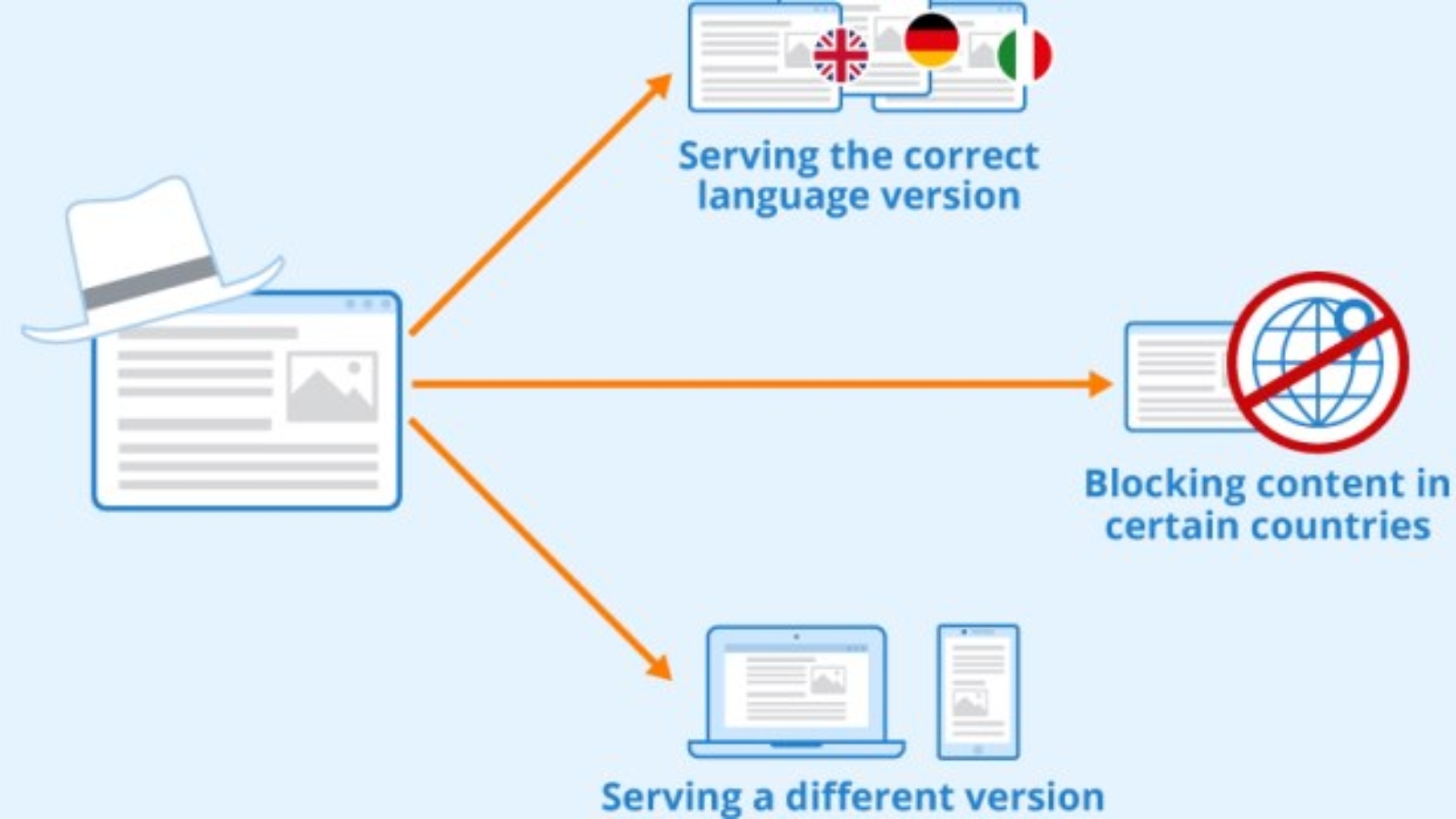Cloaking is a deceptive practice in which a website or web page presents different content to search engines and users. This technique is used to manipulate search engine rankings and traffic, but it can have severe consequences for the website or web page involved. In e-commerce, cloaking is particularly problematic, as it can lead to legal issues and reputational damage. In this article, we will explore the practice of e-commerce cloaking and its consequences.
What is E-commerce Cloaking?
E-commerce cloaking involves presenting different content to search engines and users. This technique is used to manipulate search engine rankings and traffic, as search engines rely on the content of a website or web page to determine its relevance and authority. E-commerce websites that use cloaking may present a different version of their website or web page to search engines, which includes keyword stuffing, hidden text, and other spammy techniques that violate search engine guidelines. The result is a higher search engine ranking, which can lead to increased traffic and sales.
Consequences of E-commerce Cloaking
- Legal Issues
Cloaking is considered a deceptive practice and is prohibited by search engines and regulatory authorities. E-commerce websites that use cloaking may be subject to legal action, including fines and penalties, if they are caught violating search engine guidelines or misleading customers. In some cases, e-commerce cloaking can also result in legal action from competitors or customers who feel they have been misled.
- Reputational Damage
E-commerce cloaking can also lead to reputational damage, as it can damage the trust and credibility of the website or web page involved. Customers who feel they have been misled may leave negative reviews and share their experiences with others, damaging the reputation of the e-commerce website or web page. This can lead to a loss of customers and revenue, as well as long-term damage to the brand.
- Search Engine Penalties
Search engines have sophisticated algorithms that can detect cloaking and other deceptive practices. When an e-commerce website or web page is caught using cloaking, it can result in search engine penalties, including a lower search engine ranking and decreased traffic. This can lead to a significant loss of revenue for the e-commerce website or web page involved.
Preventing E-commerce Cloaking
Preventing e-commerce cloaking requires a combination of technical and ethical solutions. E-commerce websites must comply with search engine guidelines and regulations and provide accurate and relevant content to users. This involves avoiding spammy techniques, such as keyword stuffing and hidden text, and providing a clear and transparent user experience. E-commerce websites must also regularly monitor their website or web page for any signs of cloaking or other deceptive practices.
Conclusion
E-commerce cloaking is a deceptive practice that can lead to legal issues, reputational damage, and search engine penalties. It is essential for e-commerce websites to comply with search engine guidelines and regulations and provide a clear and transparent user experience. By avoiding cloaking and other deceptive practices, e-commerce websites can build trust and credibility with customers and maintain a positive reputation in the industry. If you need assistance with your e-commerce website, contact a reputable and experienced service provider, such as Accoplus Limited, for expert advice and support




